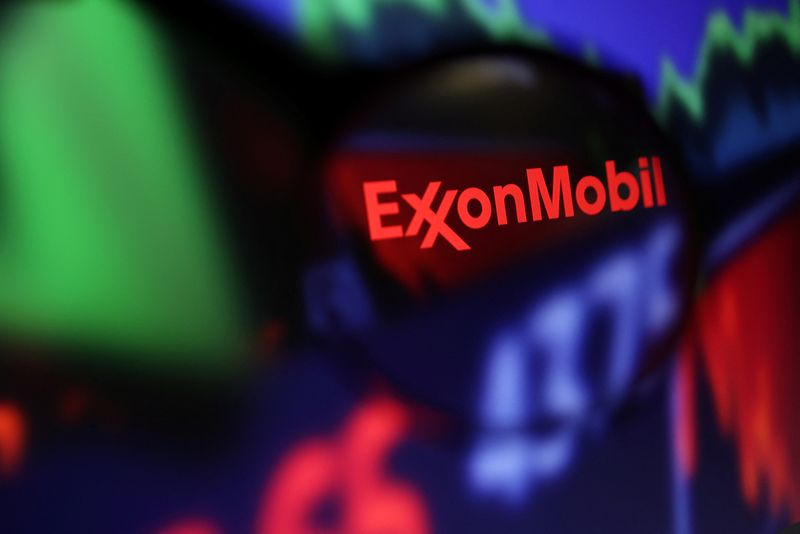By Brendan Pierson
(Reuters) – California’s lawsuit on Monday accusing Exxon (NYSE:) of fueling global plastic waste pollution by misleading the public about the limitations of recycling is the latest in a line of recent cases based on a centuries-old legal theory known as public nuisance. Here is a look at how public nuisance claims work, how such claims have fared and what it might mean for California’s effort.
WHAT IS PUBLIC NUISANCE?
A public nuisance claim is one that can be brought against defendants based on behavior that interferes with a right that belongs to the general public, rather than to an individual. Frequently cited examples include an obstacle blocking a public road, pollution in a public waterway or a factory that emits a noxious gas.
Unlike personal injury cases, public nuisance cases, which are often brought by local governments, do not seek damages to compensate plaintiffs for an injury. Instead, they seek to make the party responsible for the nuisance pay to abate, or fix, the condition. The amount of money the defendant must pay depends on the cost of abatement.
HOW DOES CALIFORNIA’S LAWSUIT FIT IN?
California’s case is one of many recent lawsuits that try to apply the concept of public nuisance more broadly than it has been used historically. Rather than accusing Exxon of directly polluting public land or water, the state says the company deceived the public for decades into believing plastic recycling was much more effective than it is, encouraging a widespread “throw away lifestyle” of disposable plastic products.
The state says that, in turn, led to more widespread plastic pollution, which can be traced directly to Exxon’s conduct. It is seeking to make Exxon pay the cost of abating the pollution, with the amount yet to be determined.
Exxon has denied the allegations, arguing that recycling works and that California itself failed to correct problems in its recycling system.
California and others have previously used a similar theory in suing Exxon and other oil companies for allegedly covering up their own knowledge about fossil fuels and climate change. Many of those have been tied up for years in legal battles over which courts have jurisdiction to hear them.
HOW HAVE OTHER RECENT PUBLIC NUISANCE LAWSUITS FARED?
Many recent public nuisance lawsuits have not been tested at trial, but some have ended in large settlements. Notably, opioid drug manufacturers, distributors and pharmacies have settled with state and local governments nationwide for close to $50 billion over claims they fueled an epidemic of addiction and overdose deaths.
However, a federal judge rejected public nuisance claims in one opioid case, brought by a West Virginia city and county, that did go to trial. The case is currently on appeal.
Broad public nuisance claims have had some success in California. San Francisco won its public nuisance opioid case against Walgreens, which then agreed to settle for $230 million last year rather than pursue an appeal.
The state’s highest court in 1997 ruled that gang activity could be a public nuisance, and in 2017 ruled that three companies had created a public nuisance with lead paint used throughout the state and must pay to abate it.
There are limits, however; a state court judge in June rejected public nuisance claims by school districts accusing social media companies of encouraging addiction among their students.
HAVE ANY SIMILAR LAWSUITS BEEN FILED OVER PLASTIC POLLUTION?
Yes. New York last year brought a public nuisance lawsuit accusing PepsiCo (NASDAQ:) of fueling plastic pollution with its single-use plastic bottles, caps and wrappers. U.S. environmental group Earth Island Institute in 2020 brought similar claims against Pepsi and others including Coca-Cola (NYSE:) and Nestle, which a judge earlier this year allowed to go forward. The lawsuits remain pending.

CAN CALIFORNIA’S LAWSUIT GO FORWARD IF THE COURT REJECTS THE PUBLIC NUISANCE THEORY?
Yes. In addition to its public nuisance claim, California is bringing claims under the state’s unfair business practices, false advertising and environmental pollution laws. Even without a public nuisance claim, the lawsuit could bring in significant damages if successful.


